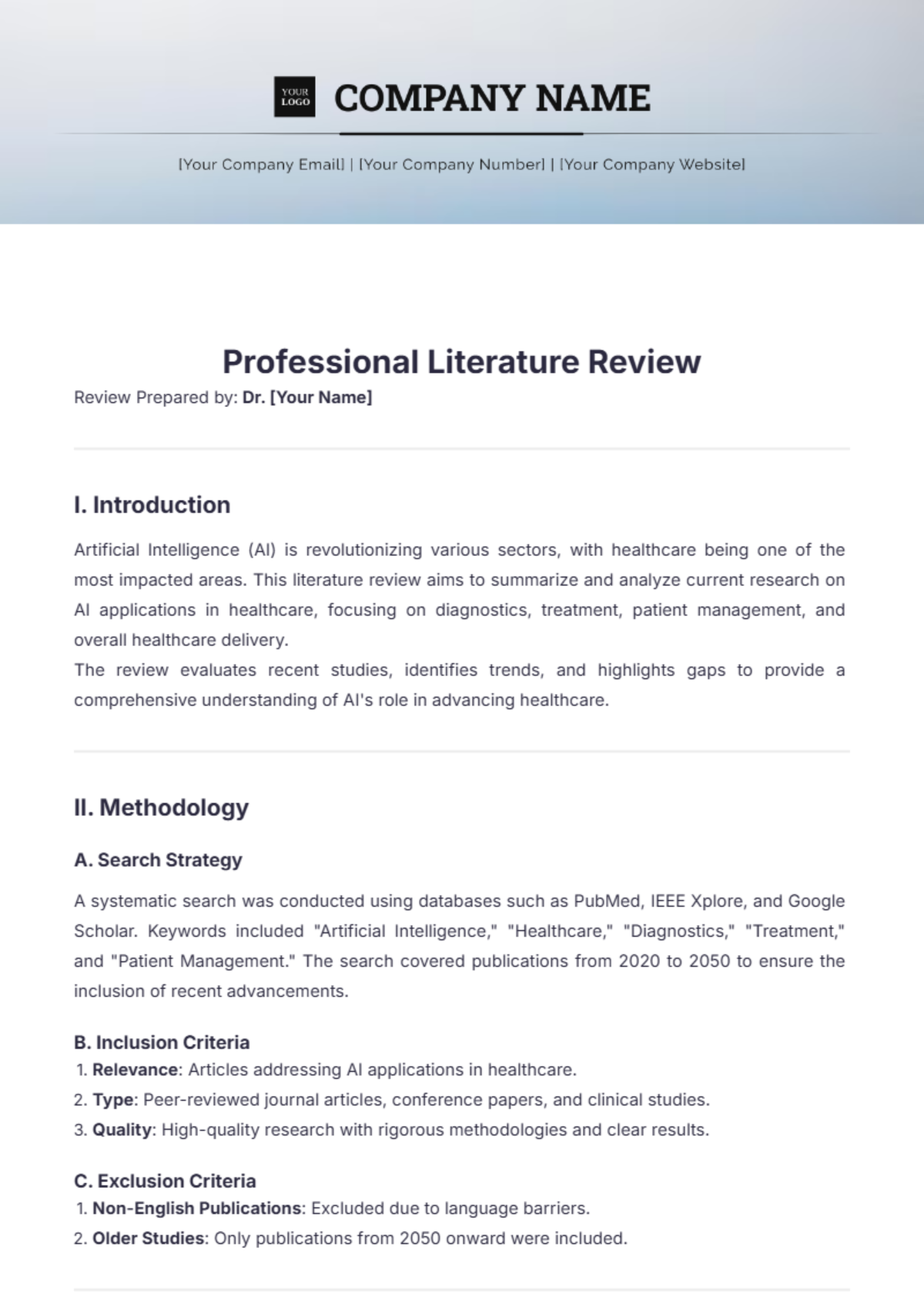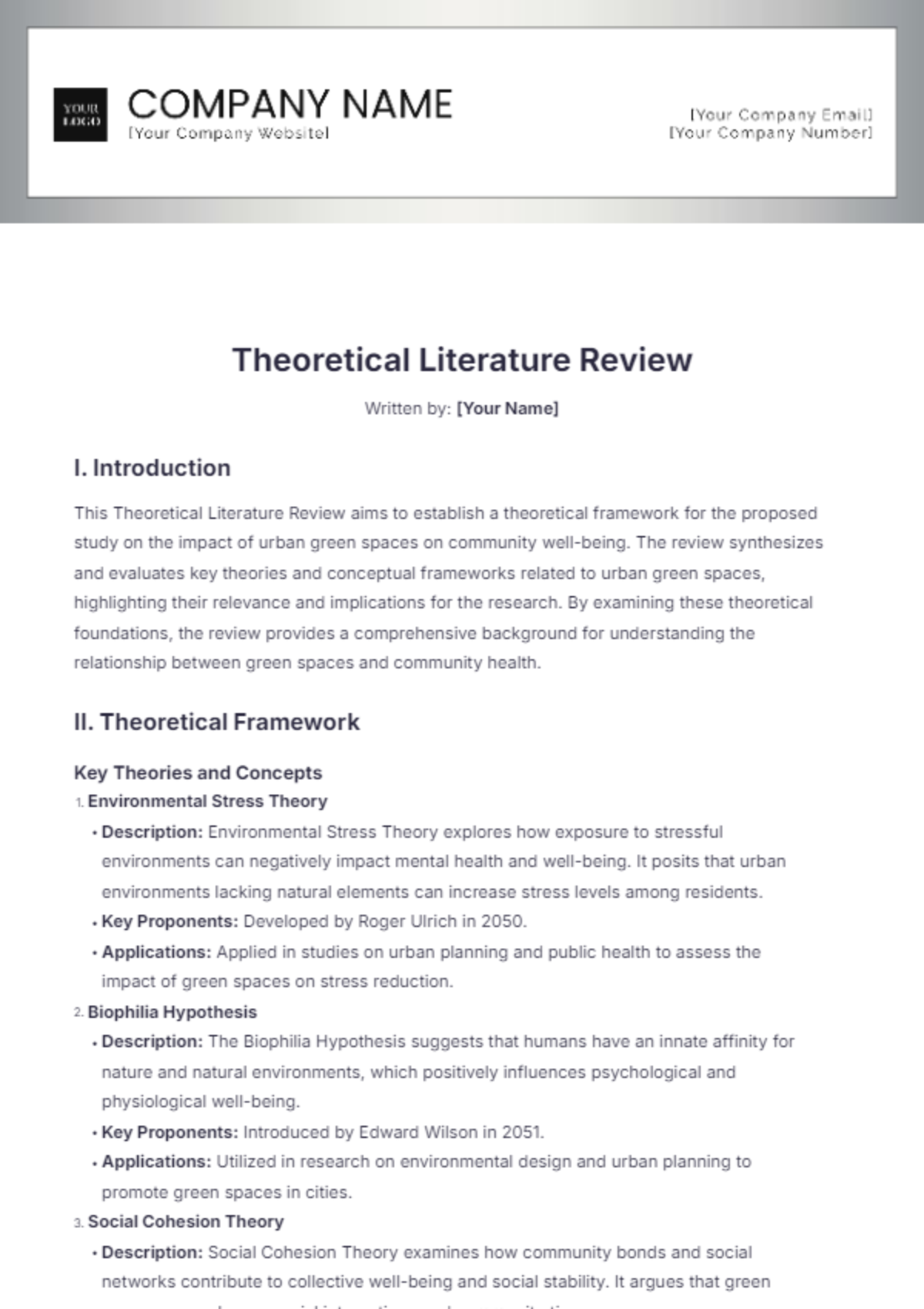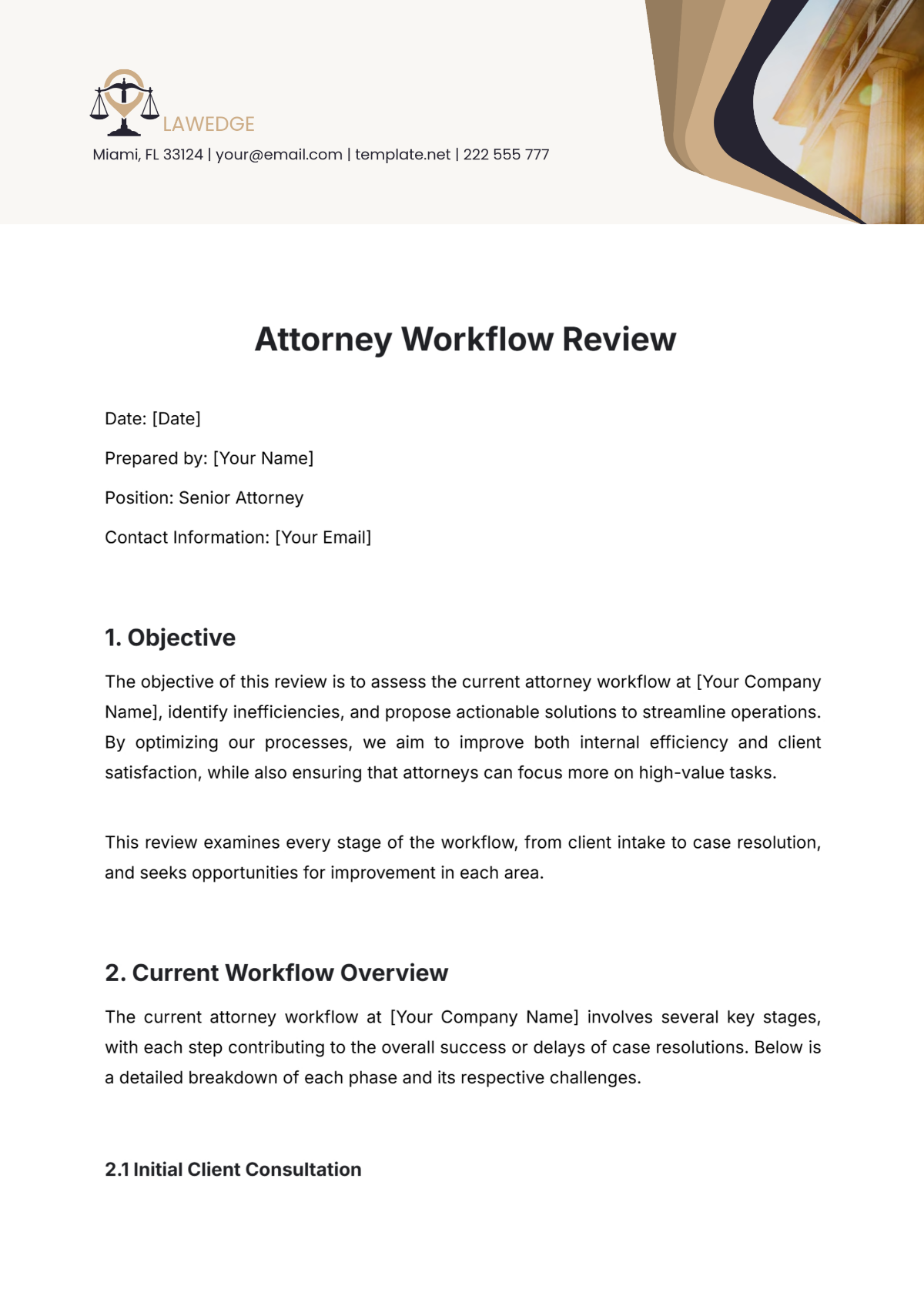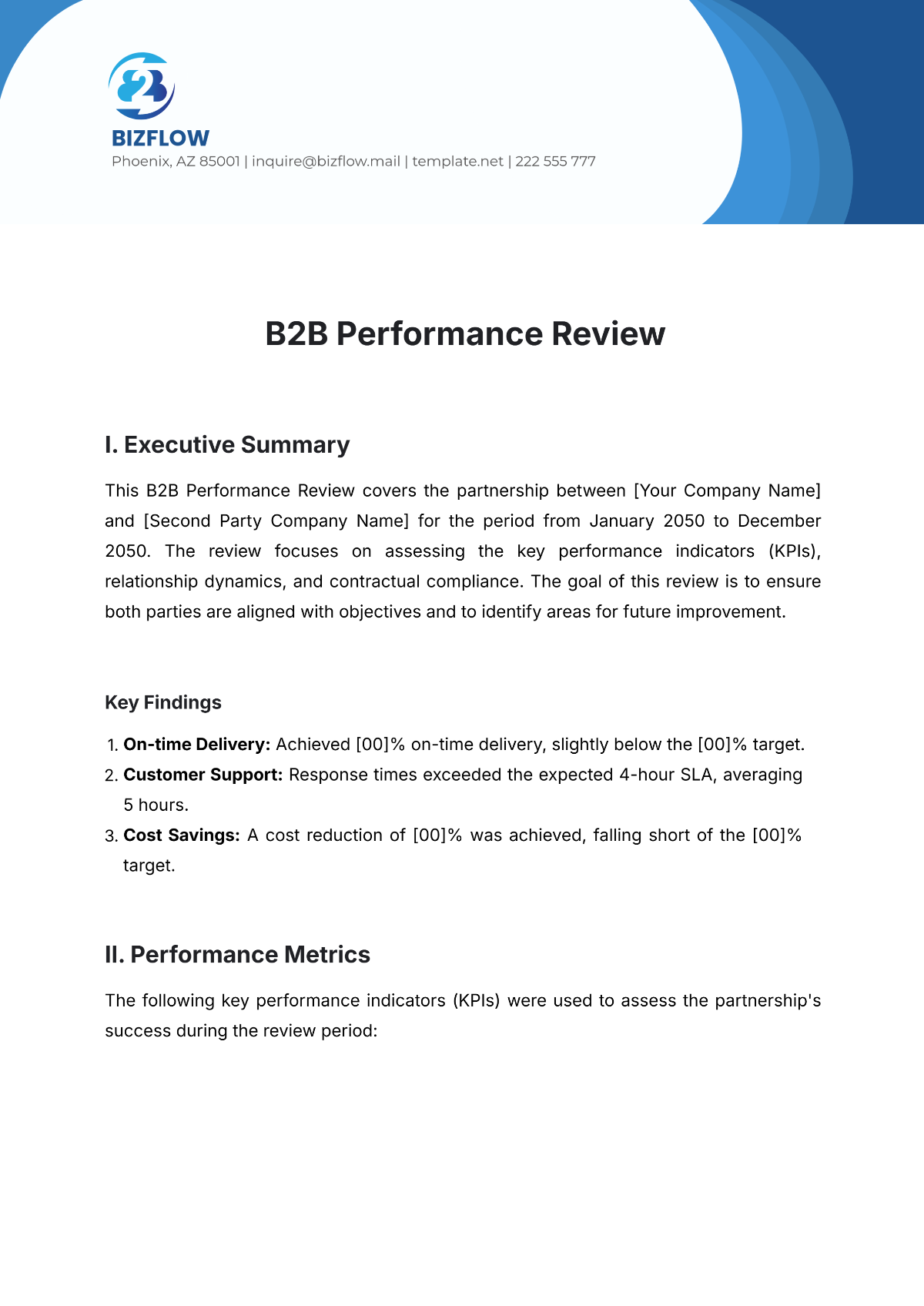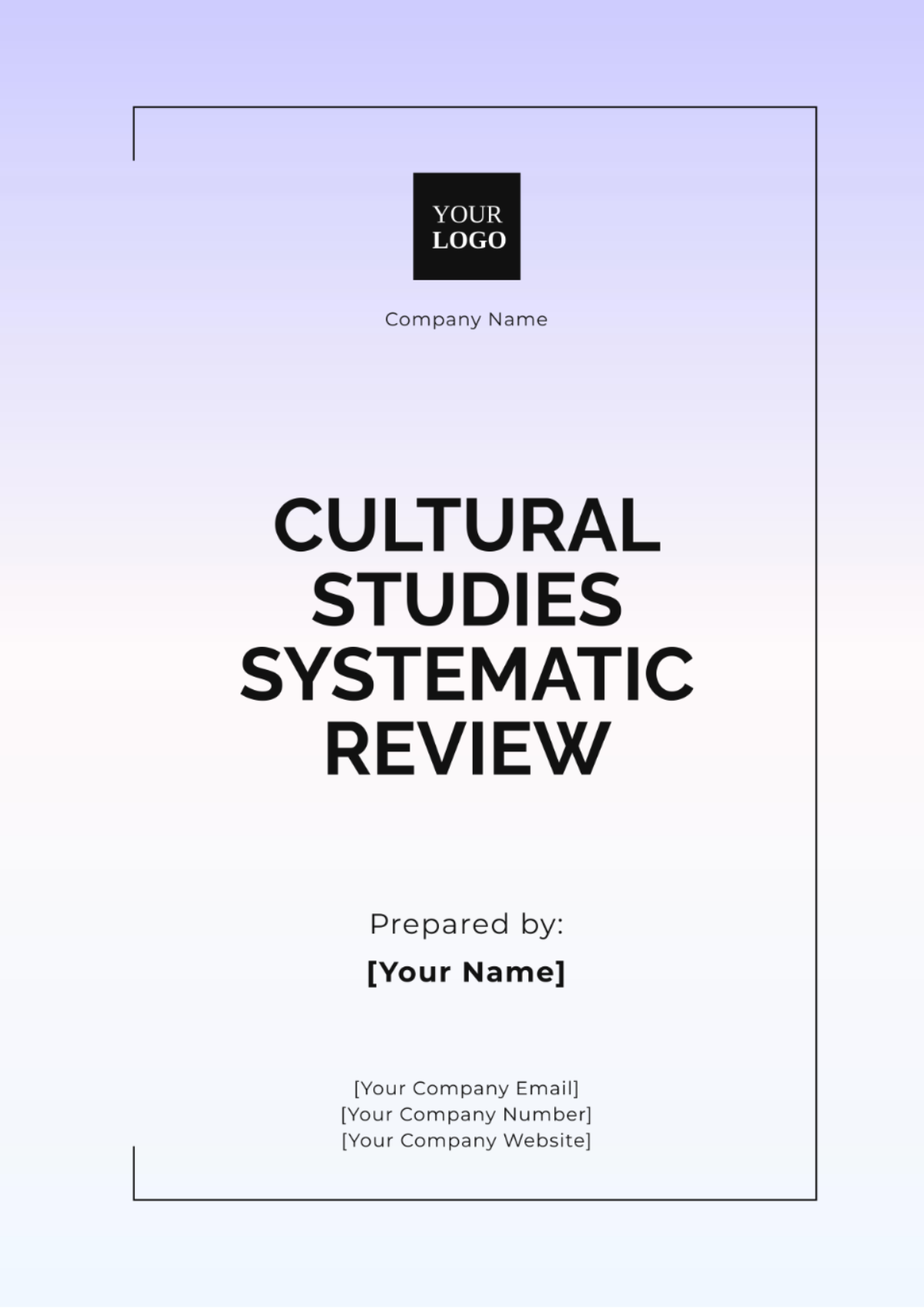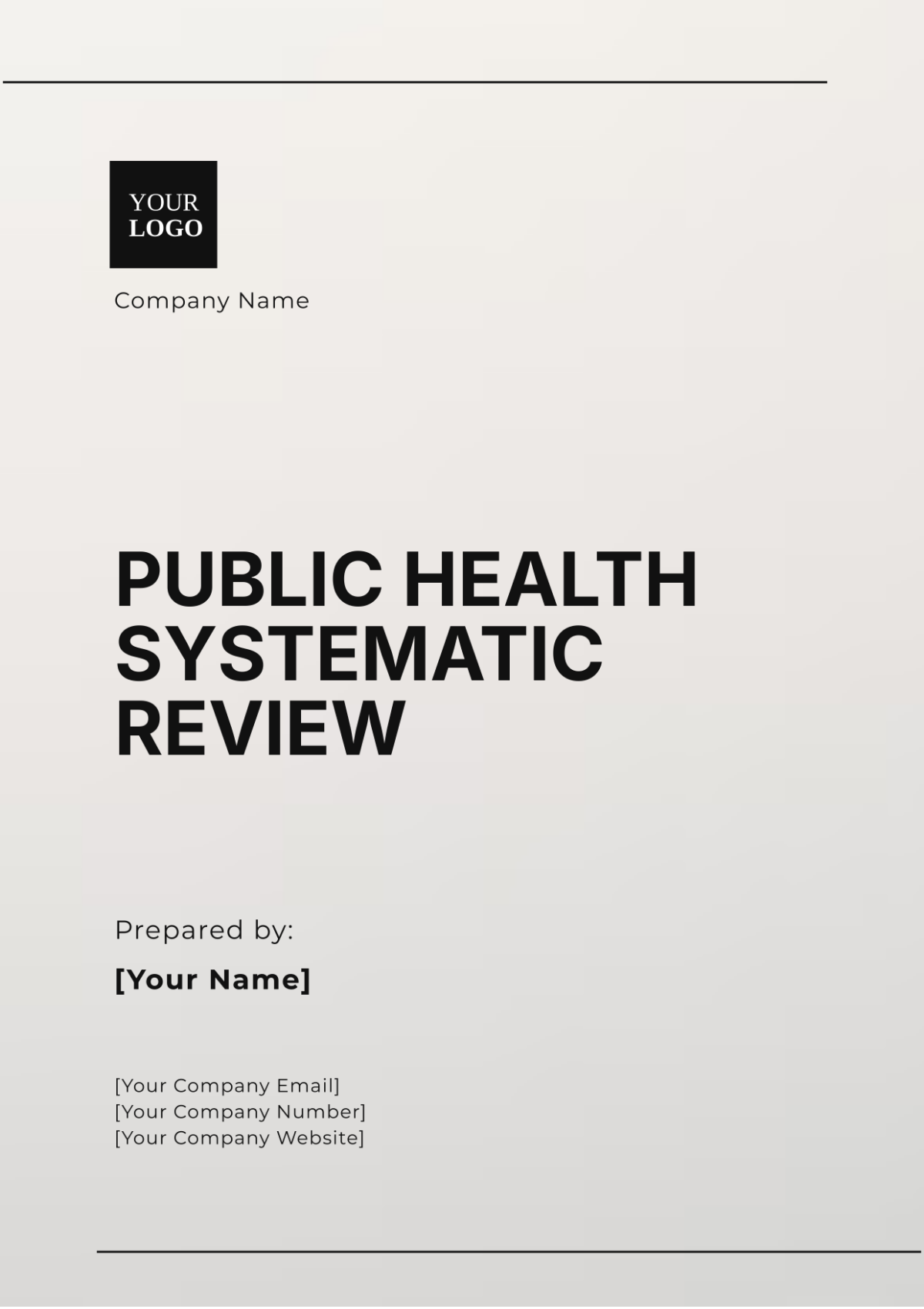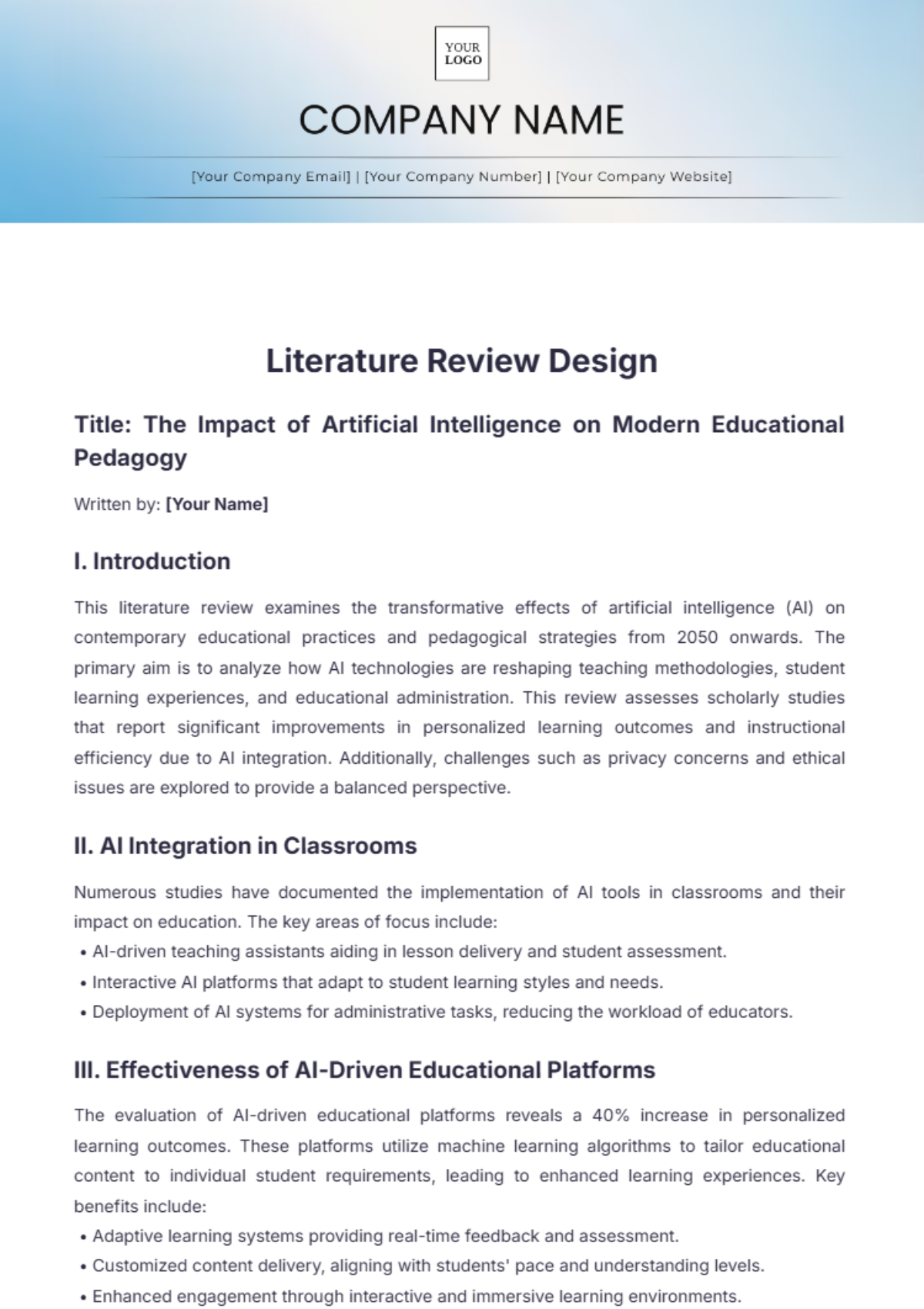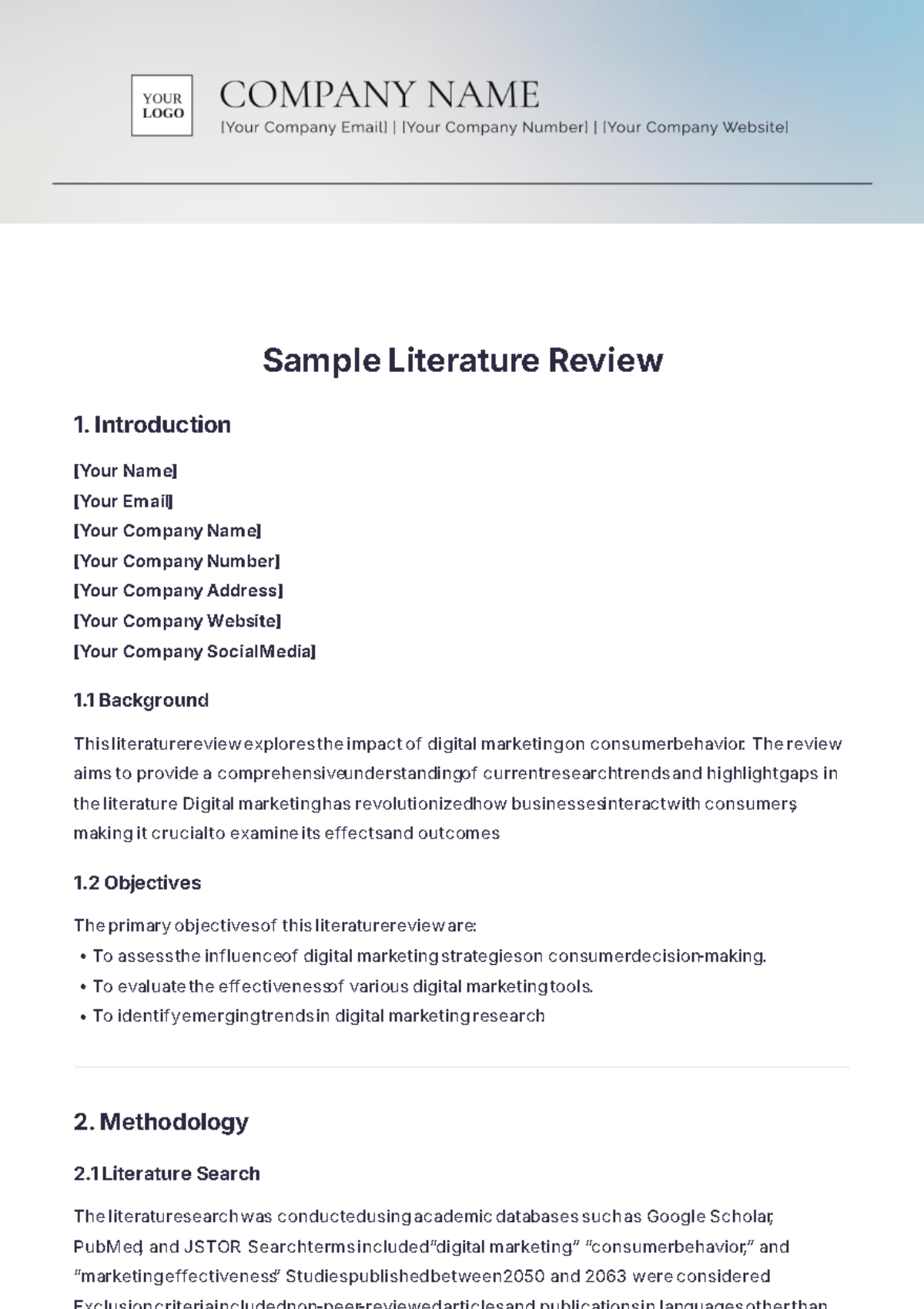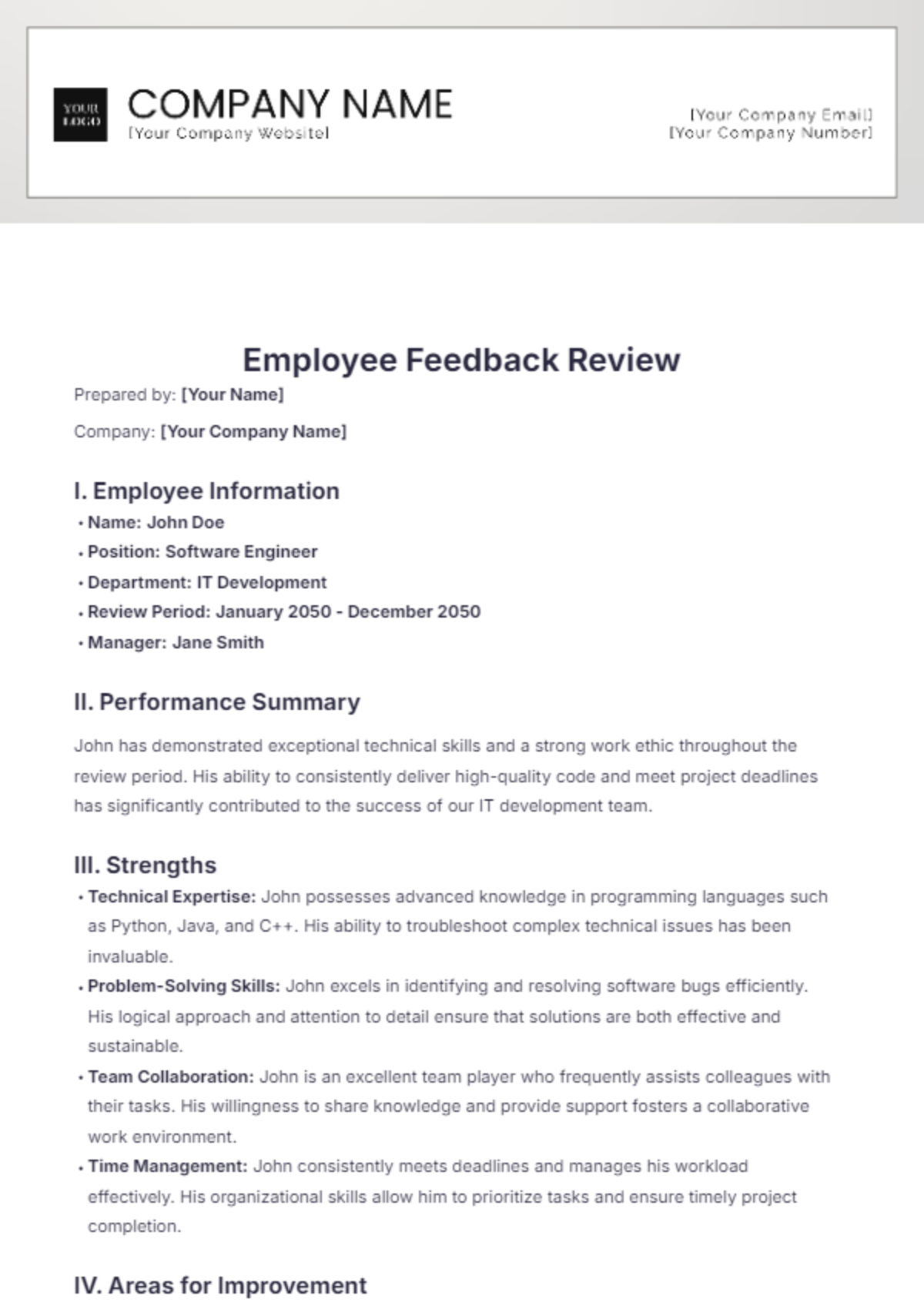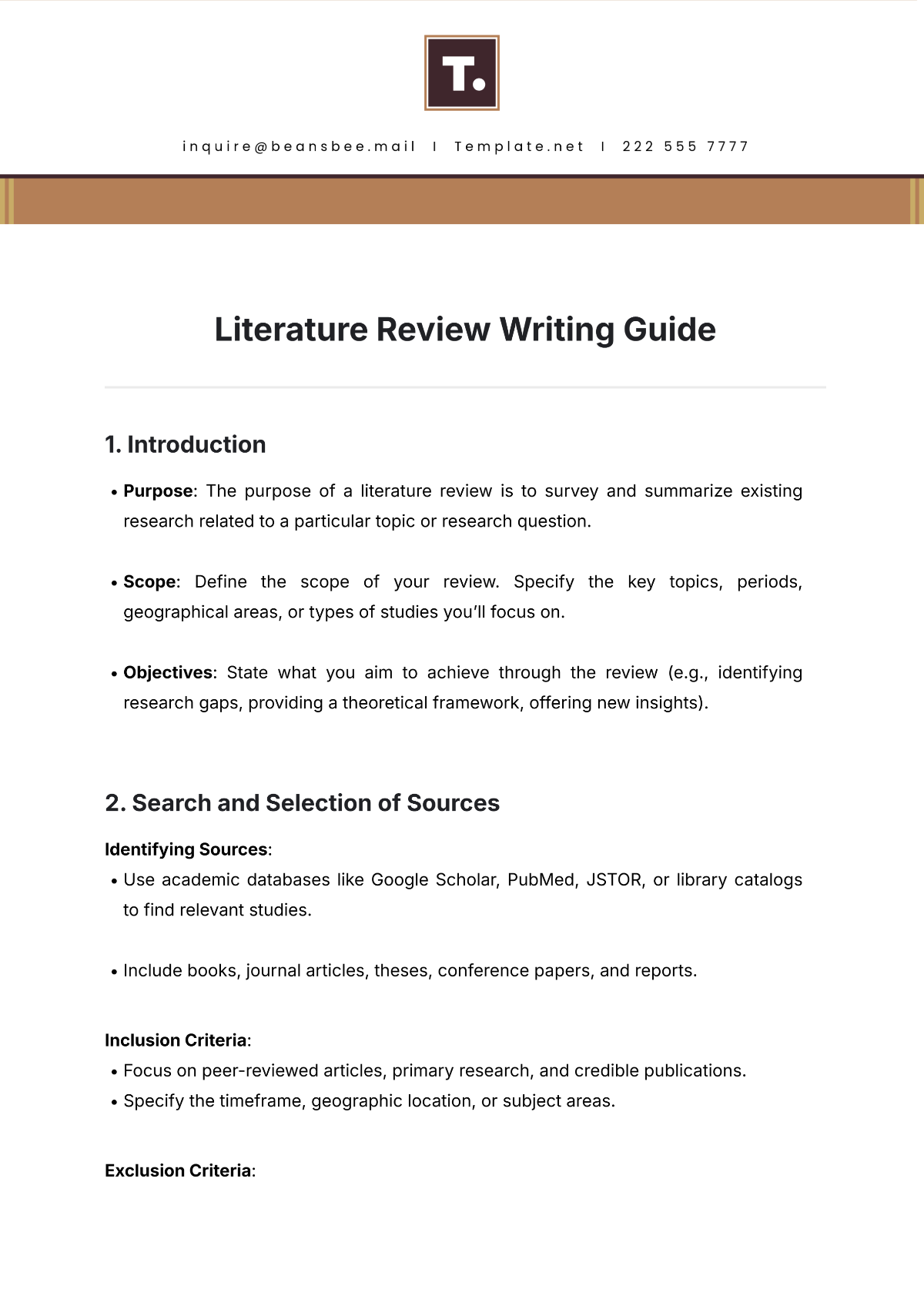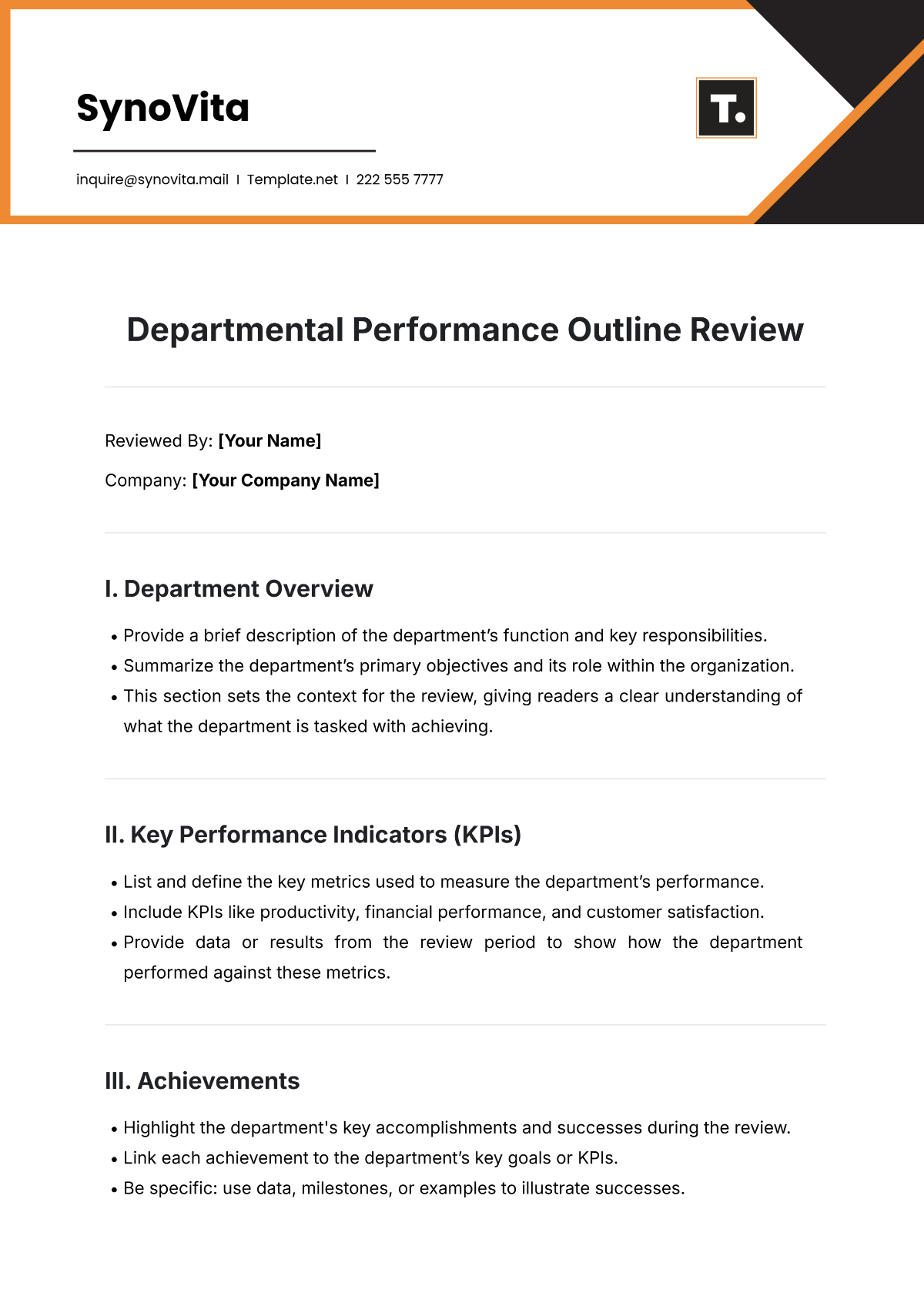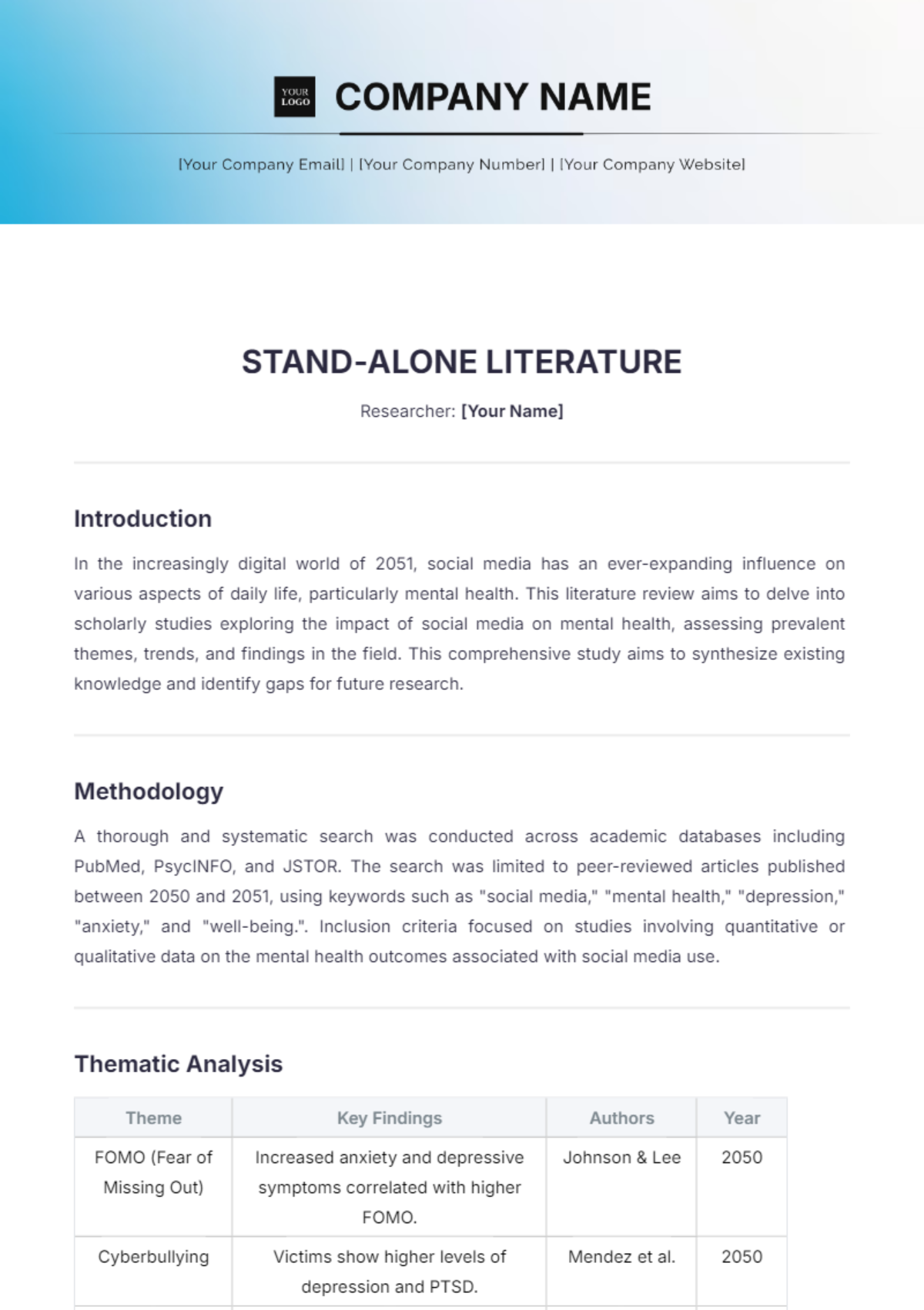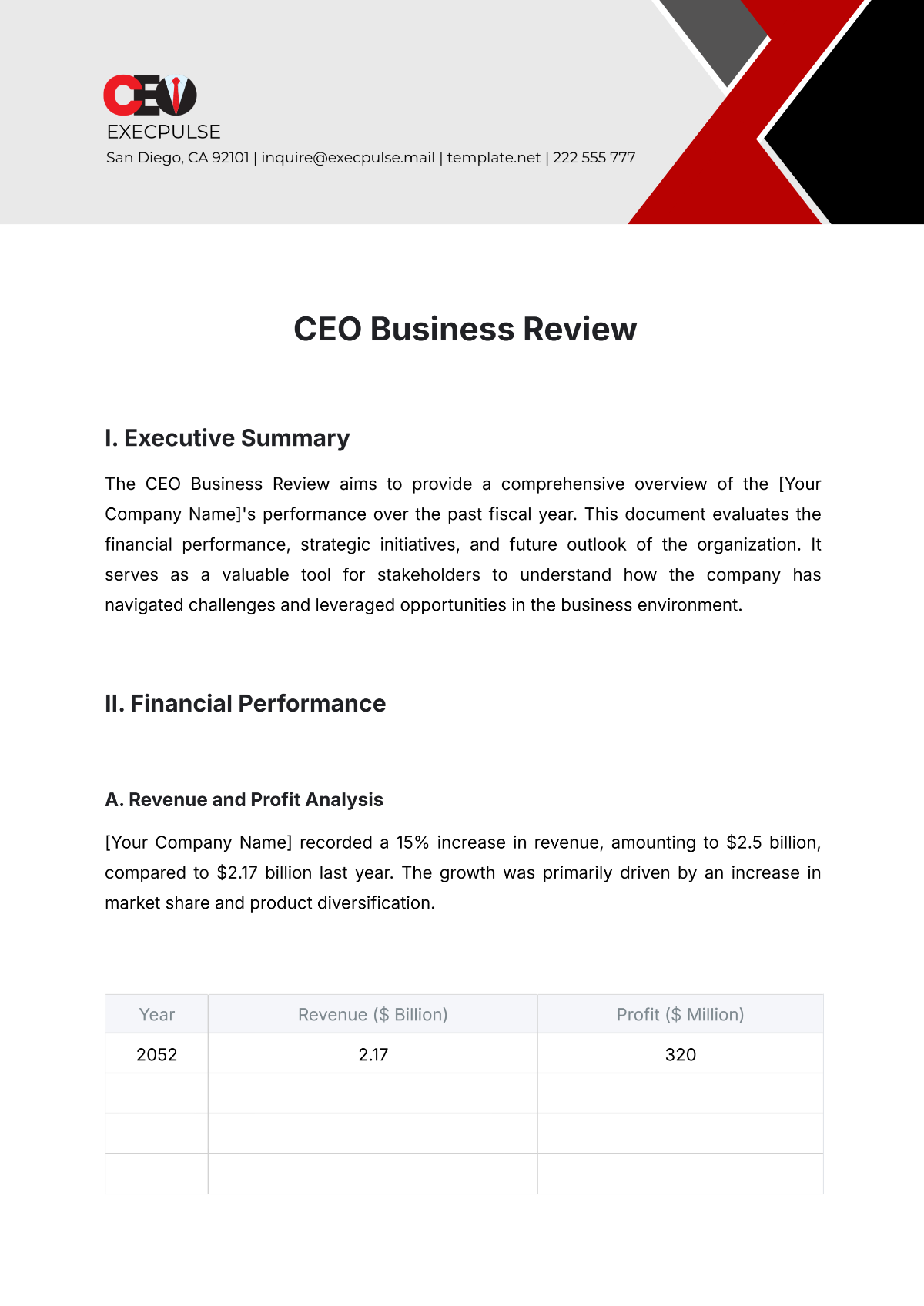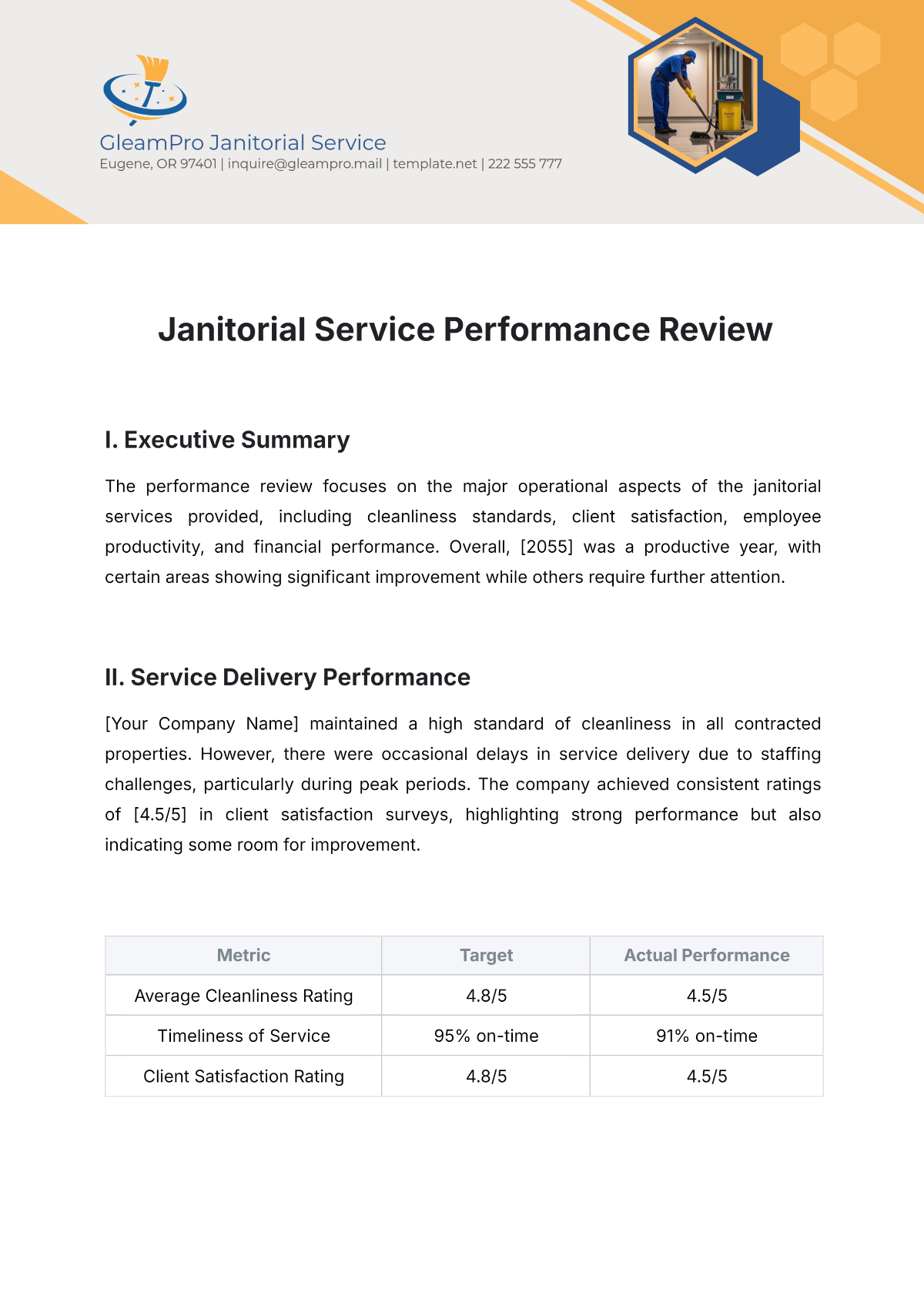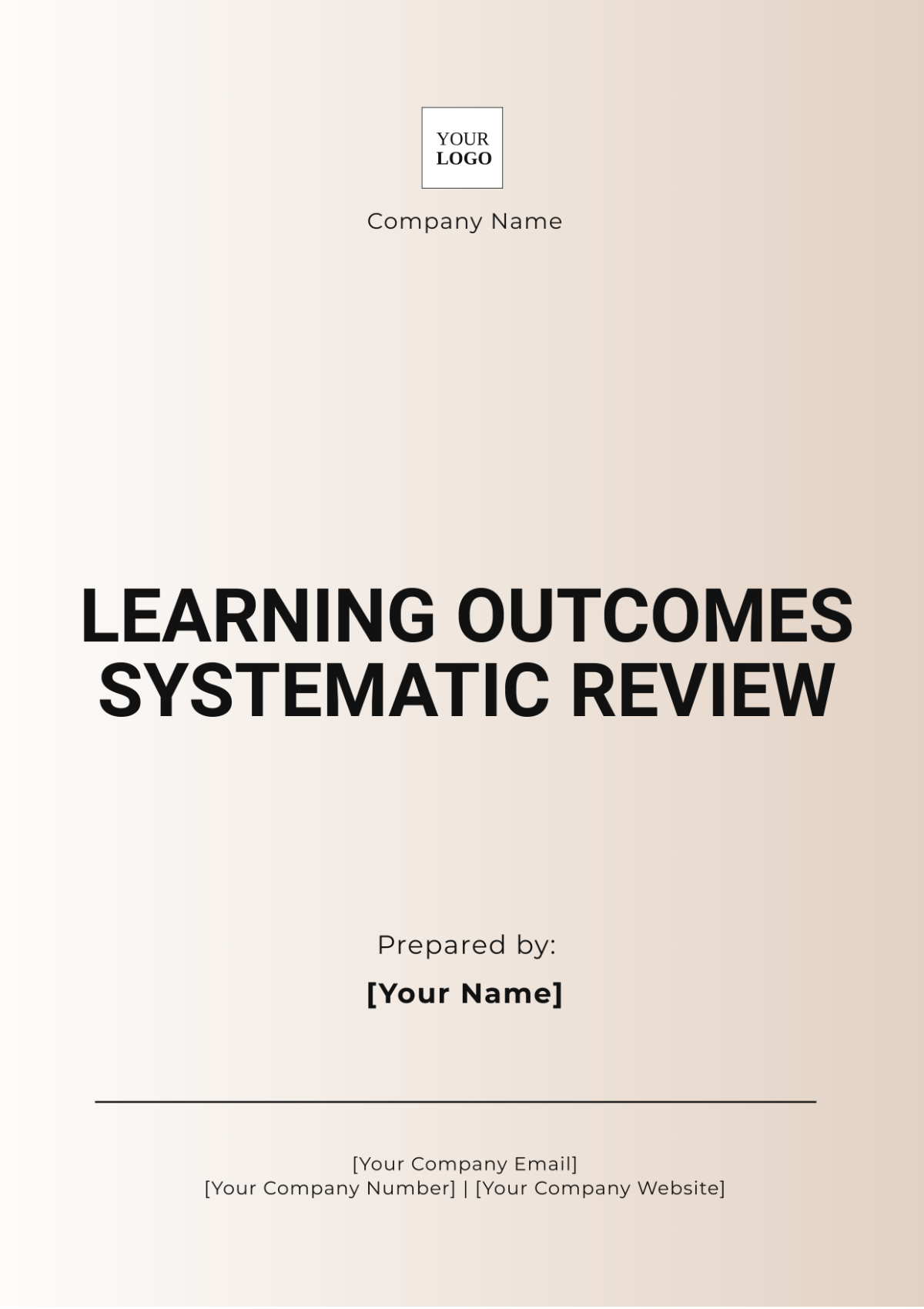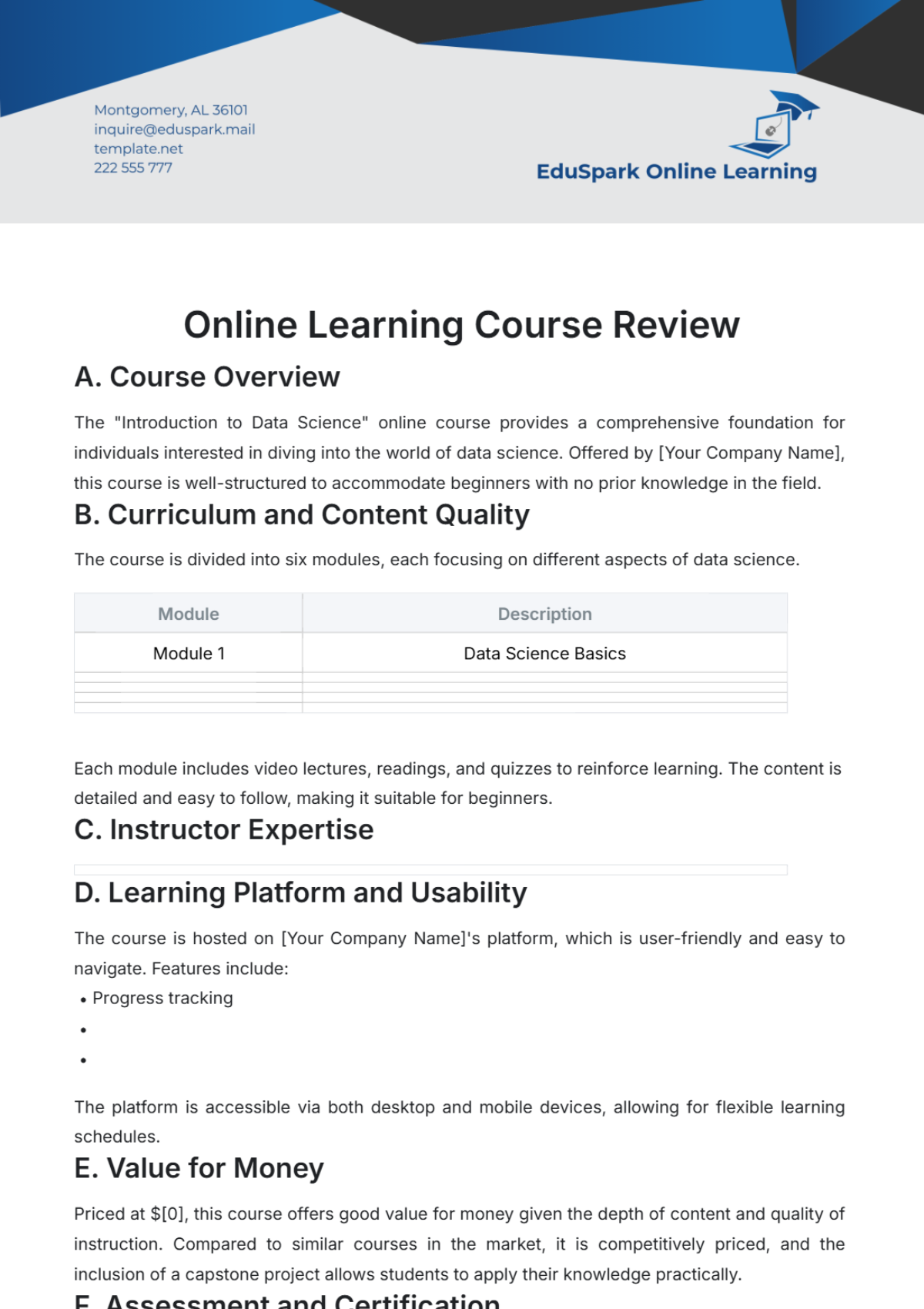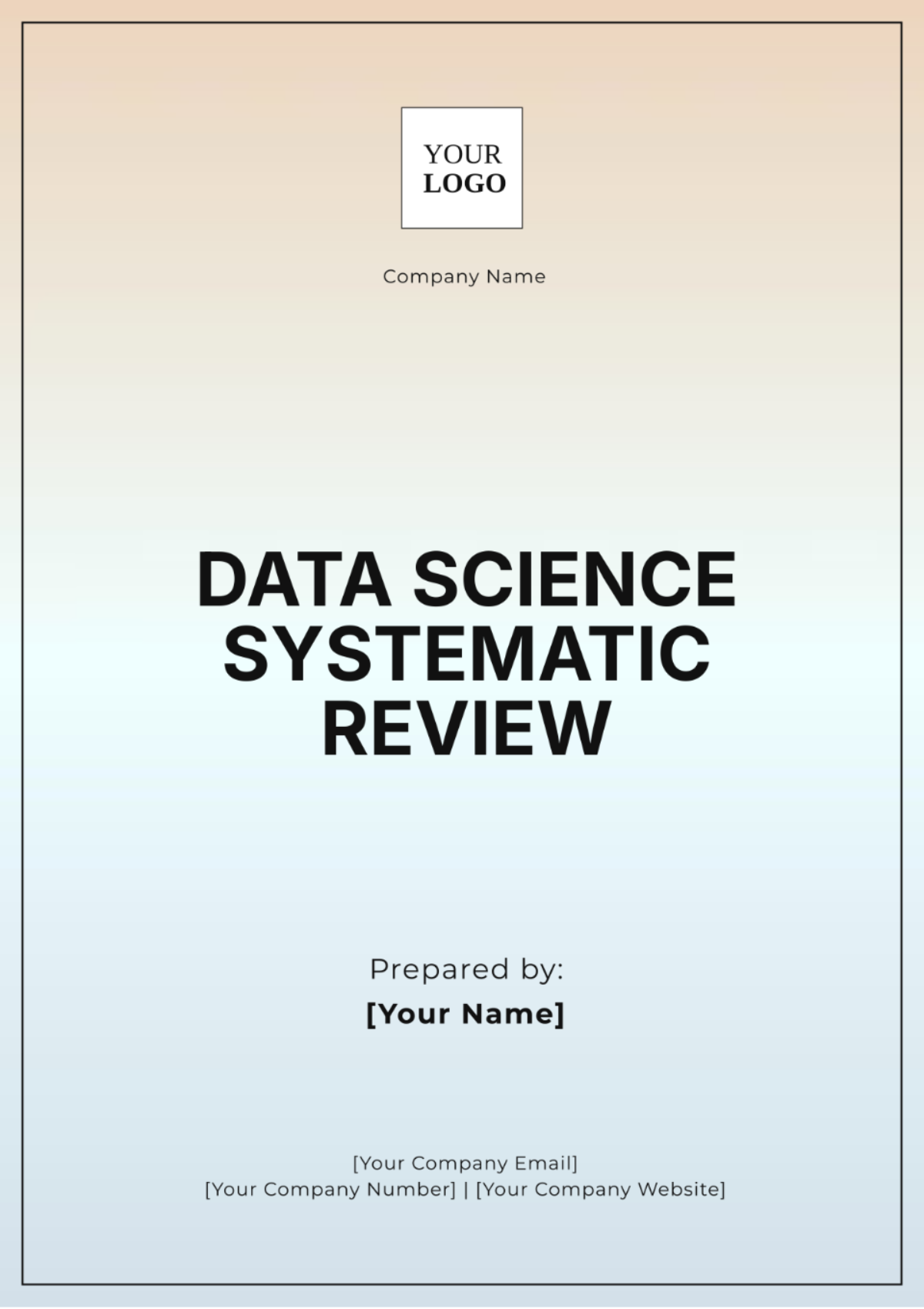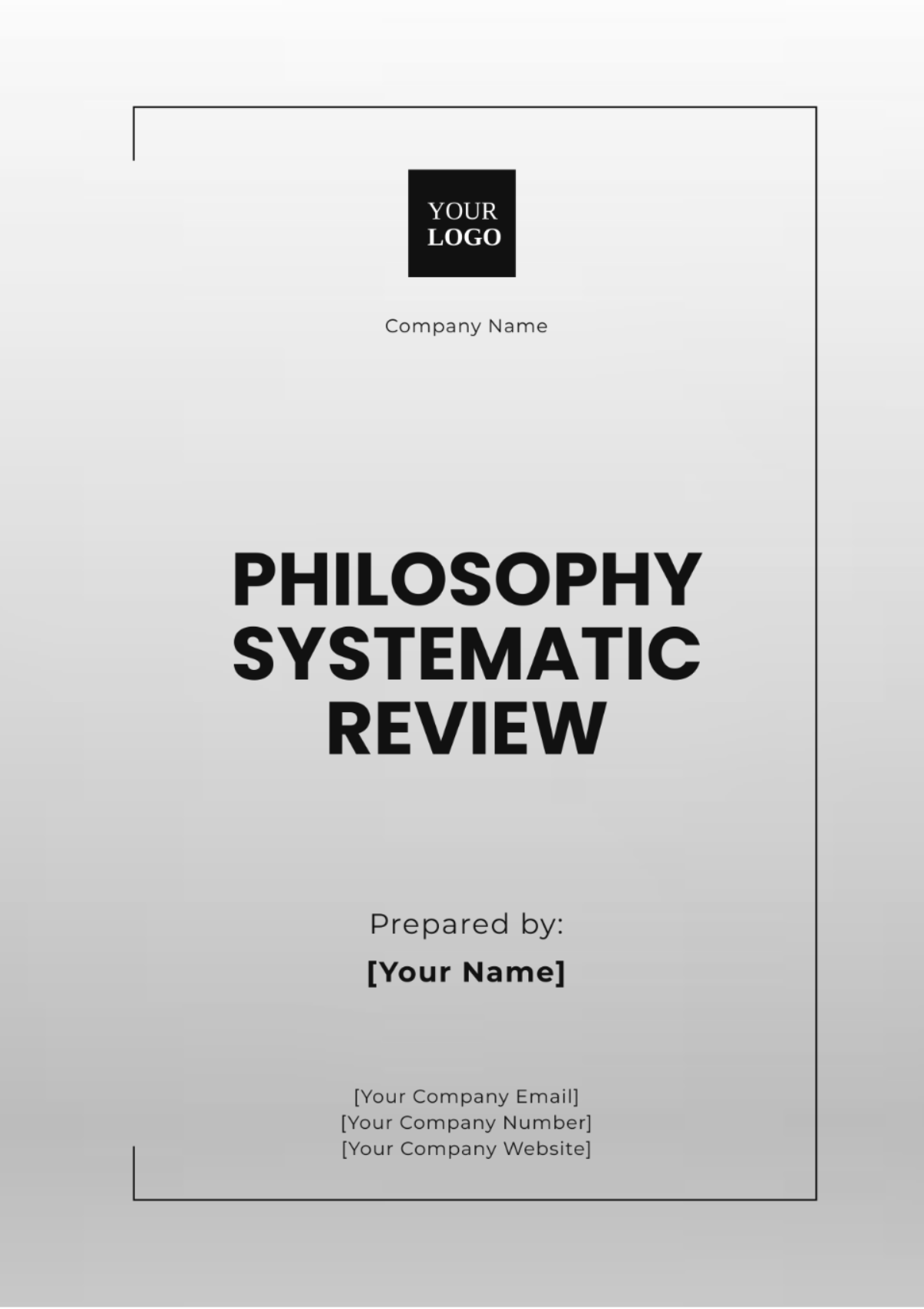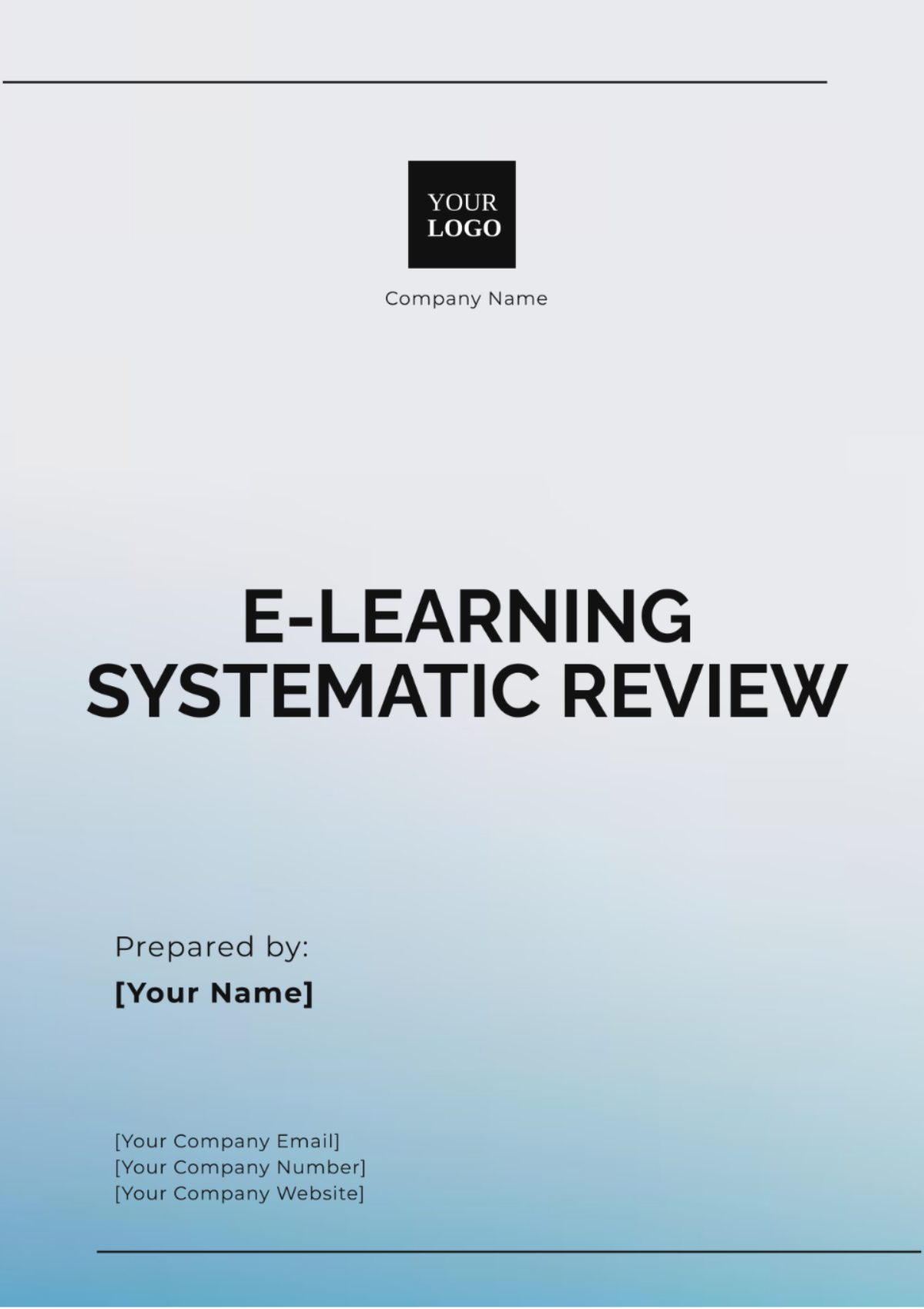Systematic Review
Title
Comprehensive Systematic Review of Recent Advances in Machine Learning Applications
Abstract
This systematic review aims to provide an extensive overview of the latest advancements in machine learning (ML) applications. By synthesizing recent literature, we aim to offer insights into the progress, challenges, and future directions of ML technologies. We reviewed studies published from 2050 to 2055 across various domains, including healthcare, finance, and cybersecurity, to understand the current state of ML applications.
Introduction
Machine Learning (ML) has become an integral part of innovative technologies, influencing numerous fields. The objective of this review is to compile recent research efforts in ML applications, highlighting the methodologies used, results achieved, and areas that require further exploration. This review is structured to cover various sectors where ML is prominently applied, providing a comprehensive understanding of the current landscape.
Methodology
The methodology section outlines our approach to conducting this systematic review. We adhered to the Preferred Reporting Items for Systematic Reviews and Meta-Analyses (PRISMA) guidelines to ensure a thorough and unbiased review process.
Search Strategy: We conducted extensive searches in databases such as IEEE Xplore, PubMed, and Google Scholar using keywords like "machine learning," "applications," "recent advances," and "2050-2055."
Inclusion Criteria: Studies included were peer-reviewed, published between 2050 and 2055, and focused on ML applications in various domains.
Exclusion Criteria: Articles that did not focus exclusively on ML, theoretical papers without practical applications, and studies published before 2050 were excluded.
Data Extraction: Relevant data from each study, including publication year, domain of application, ML methods used, and key findings, were extracted and synthesized.
Results
The results section presents the findings from our review, categorized by domains where ML application has been significant.
Healthcare
Diagnosis and Prognosis: ML models have shown promising results in diagnosing diseases such as cancer, predicting patient outcomes, and identifying risk factors.
Personalized Medicine: Advances in ML are enabling the development of personalized treatment plans based on individual patient data.
Medical Imaging: Enhanced image recognition and classification algorithms have improved the accuracy of detecting anomalies in medical scans.
Finance
Fraud Detection: ML algorithms are widely used to detect fraudulent activities by analyzing transaction patterns.
Algorithmic Trading: ML models assist in predicting market trends and making informed trading decisions.
Risk Management: Financial institutions use ML for credit scoring, risk assessment, and portfolio management.
Cybersecurity
Threat Detection: ML techniques are employed for real-time monitoring and detection of cyber threats and vulnerabilities.
Behavioral Analysis: User and entity behavior analytics powered by ML help identify unusual patterns indicative of potential security breaches.
Incident Response: Automated systems using ML expedite the process of responding to security incidents.
Challenges and Limitations
Despite significant advancements, there are several challenges and limitations associated with ML applications:
Data Quality: The effectiveness of ML models is heavily dependent on the quality and quantity of available data.
Computational Resources: Advanced ML algorithms require substantial computational power, which can be a barrier for some organizations.
Interpretability: Ensuring that ML models are interpretable and their decisions are understandable remains a critical challenge.
Ethical Considerations: Ethical issues, including data privacy and bias in ML algorithms, need to be addressed to prevent any adverse societal impacts.
Future Directions
Future research in ML applications should focus on the following areas:
Interdisciplinary Approaches: Integrating ML with other fields such as biology, physics, and social sciences can lead to innovative applications and solutions.
Improving Model Interpretability: Enhanced focus on developing transparent and explainable models.
Sustainable ML Practices: Developing resource-efficient algorithms to minimize the environmental impact of ML operations.
Addressing Ethical Issues: Establishing guidelines and frameworks to ensure that ML applications are developed and deployed ethically.
Conclusion
This systematic review highlights the rapid advancements and diverse machine-learning applications across various domains. While ML has demonstrated significant potential, ongoing research is essential to address its challenges and capitalize on future opportunities. The insights provided herein can be a foundational reference for researchers and practitioners aiming to further ML applications.




